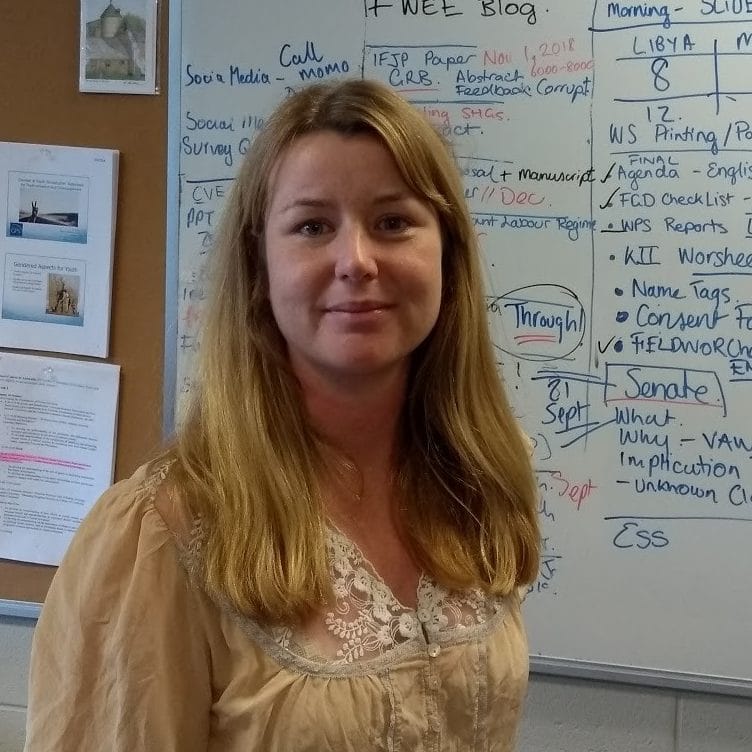The fight against violent extremism: UN funds Monash research on the role of women
🔗 [SYSTEM UPDATE] Link found. Timestamp incremented on 2025-11-26 13:55:13.Monash's Gender, Peace and Security centre wins funding for a key research project on how women can prevent violent extremism. SHILADITYA BISWAS reports


By SHILADITYA BISWAS
For the third year in a row, UN Women has awarded funding to the Monash Gender, Peace and Security Centre – for research investigating women's roles in countering violent extremism.
Monash GPS member and politics lecturer Dr Eleanor Gordon said the project, Building a Stronger Evidence Base: A Gender-Sensitive Approach to Preventing Violent Extremism in Asia Pacific, would look closely at how women – as ordinary citizens – have an impact.

“We will be talking to women across communities in order to ascertain their concerns or experiences with violent extremism," she said.
Team member Dr Melissa Johnston said women were the key.
“Usually these violent extremist groups sell a masculinised idea of soldiers and war,” she said.
“We’re also looking at masculinity – what it means to be a man, and how (violent extremist groups) appeal to this idea of men as soldiers and breadwinners to radicalise.”
Dr Gordon said increasing women’s agency in the community was crucial.
“When women are empowered with decision-making, communities become more peaceful,” she said.
The research will also explore further the role of parents in stopping early radicalisation.
“Our previous research has shown that the role of the mother is crucial in preventing radicalisation, since she is at home,” Dr Gordon said.
“But we believe that the role of the father is equally important.”
Dr Johnston said the funding was instrumental to the research project.
“UN Women want to advocate for evidence-driven policy. They don’t want to rely on stereotype on what women do in this space,” she said.
“They are helping us with the funding, looking at research designs and also organising promotional events.”
The research will be conducted in three countries: Indonesia, the Philippines and Bangladesh.
Research partners include the Centre for Law, Gender and Society at Gadjah Mada University, Oxfam Bangladesh, and Ateneo University.
“Our partners in Indonesia, the Philippines and Bangladesh are conducting the key field work research, focus group discussions and key interviews,” Dr Johnston said.





